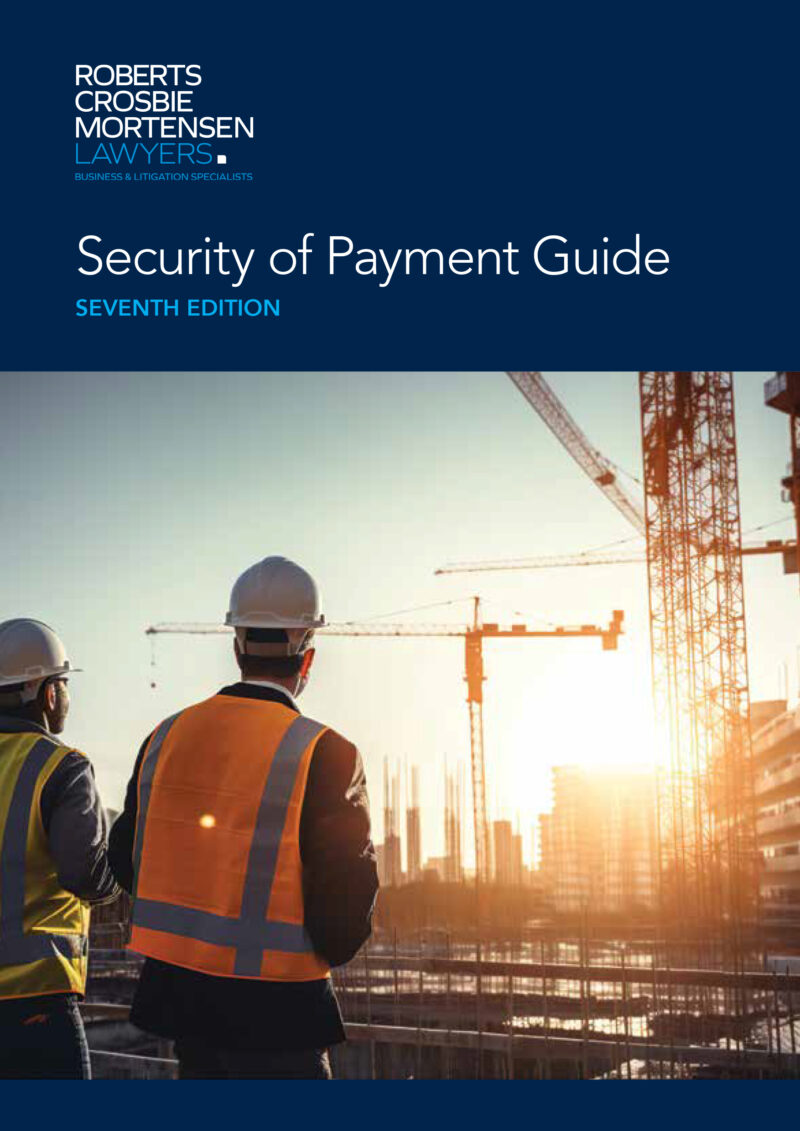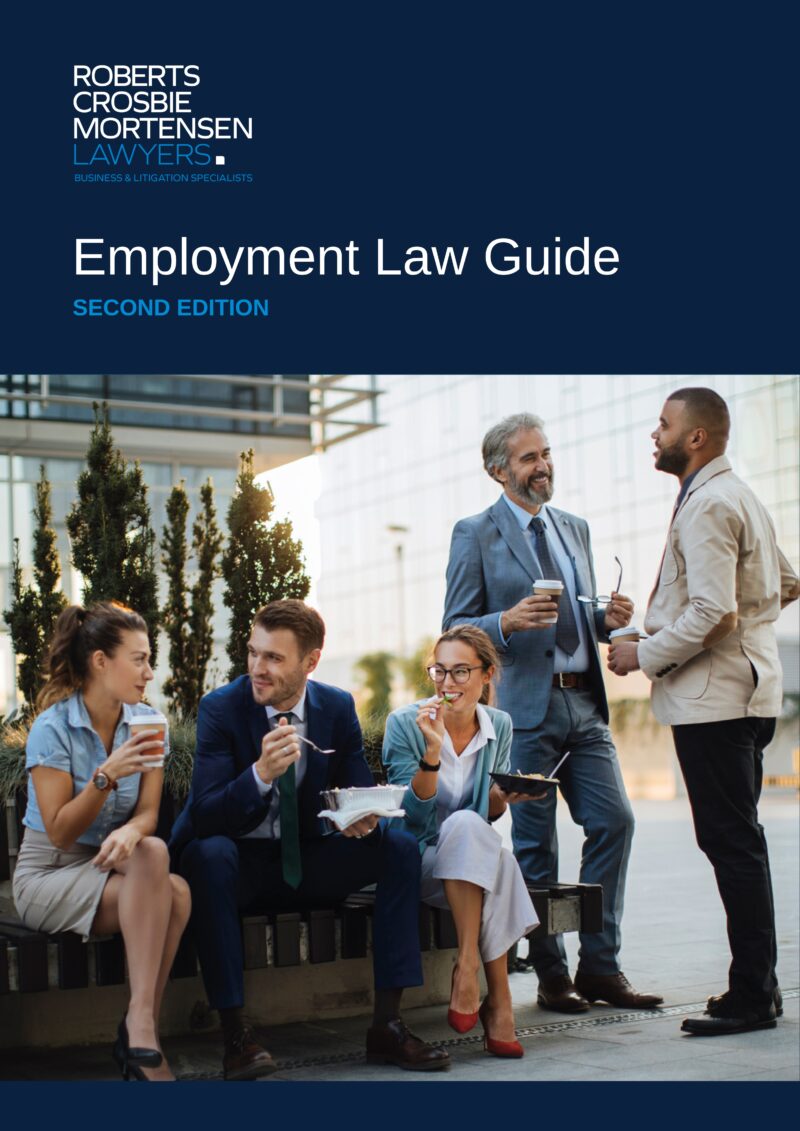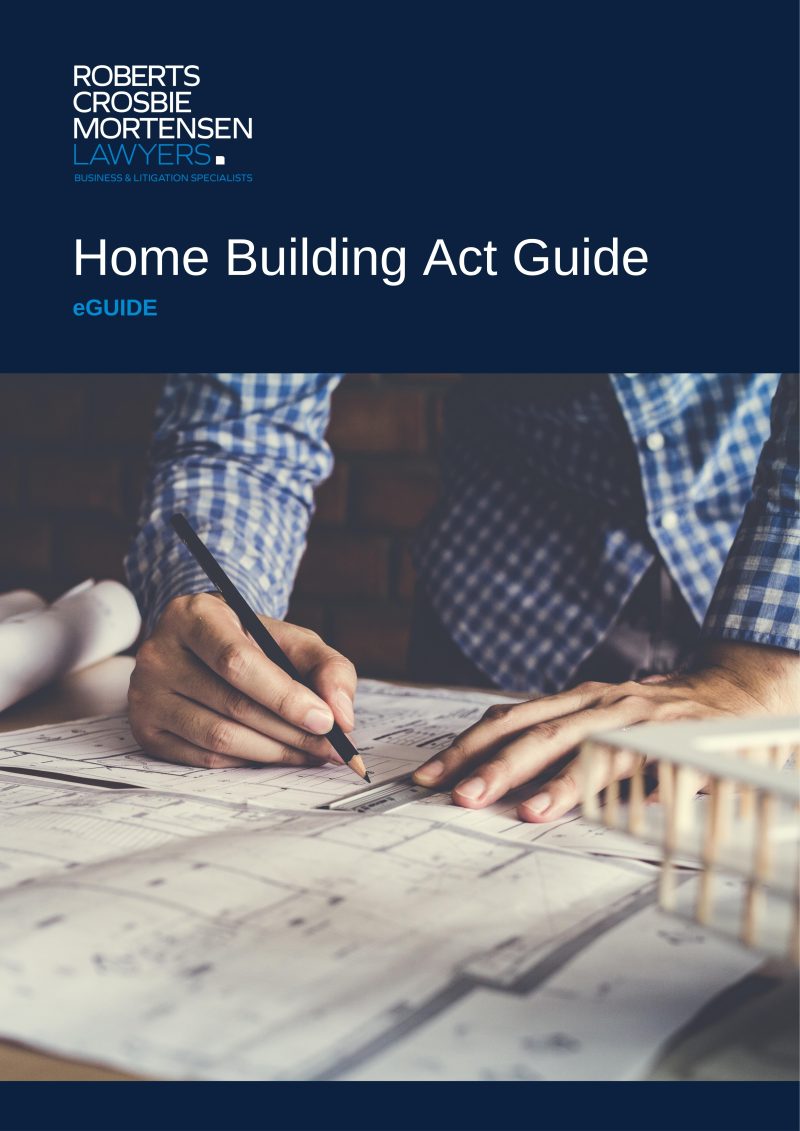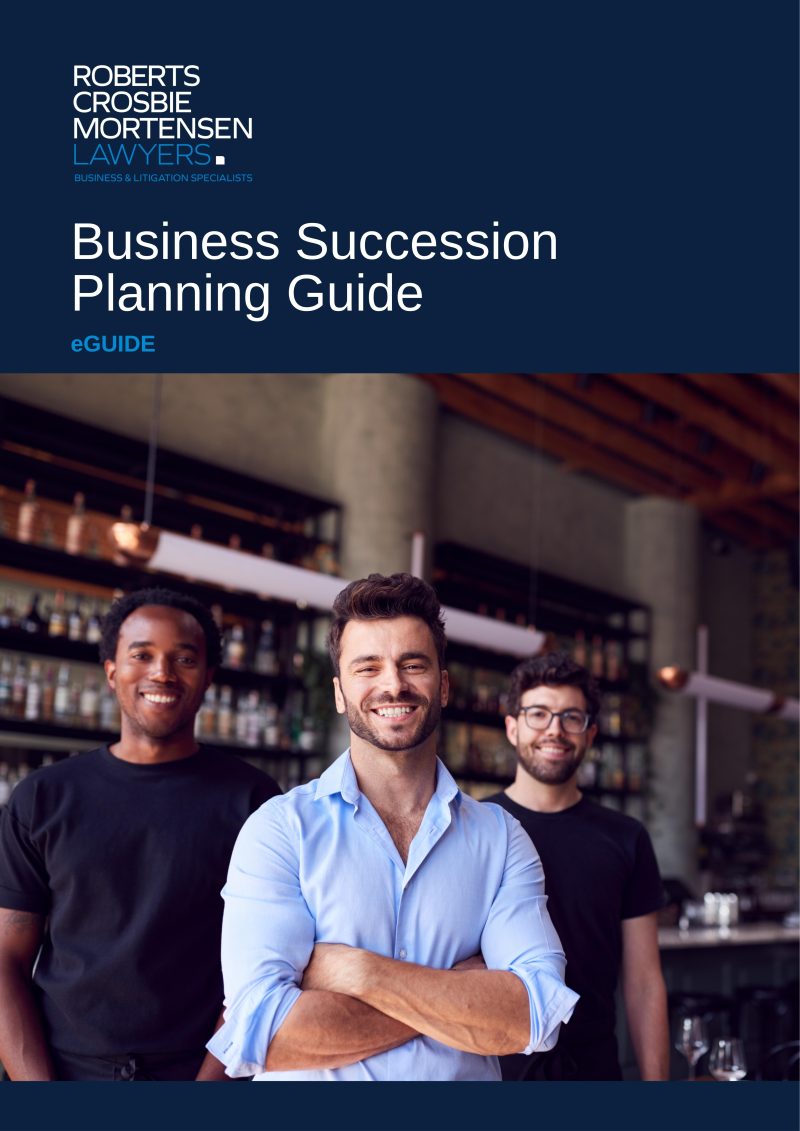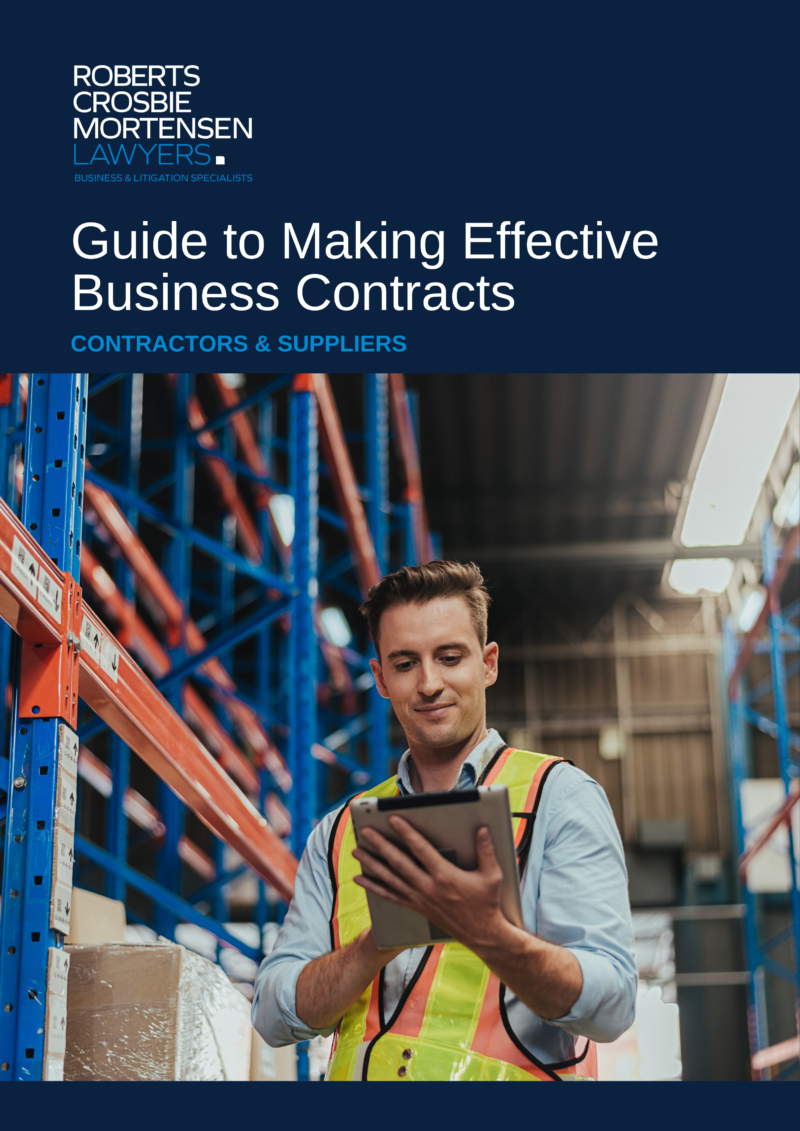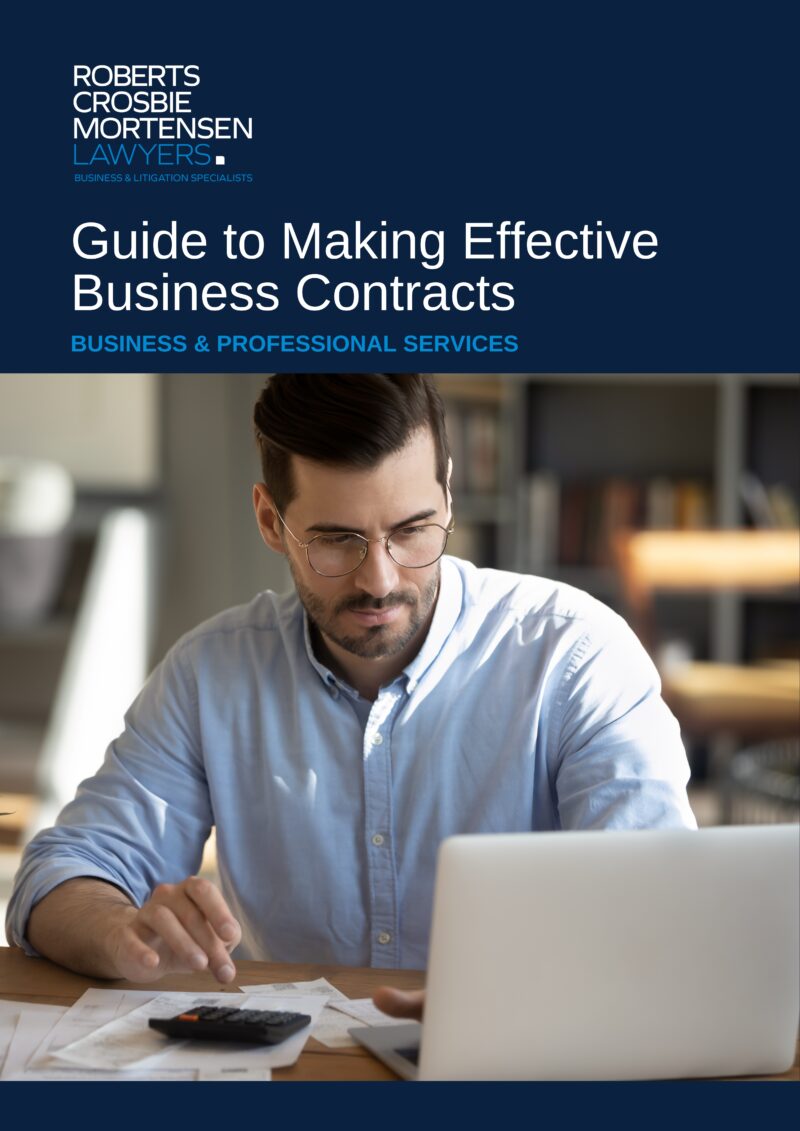ASIC can issue a notice requiring a person to produce documents under sections 30 and 33 of the ASIC Act. The documents that ASIC can request under these sections are very broad and include any documents relating to the affairs of a body corporate. A failure to comply with a notice requesting documents is an offence under both sections.
Notices to produce documents issued by ASIC are sometimes drafted based on what documents (or classes of documents) ASIC thinks may exist. When a notice is unclear, imprecise or too broad, the response may depend on the general approach being adopted in relation to the investigation. For example, if a notice is drafted in very broad terms, contacting ASIC to explain the work that will be involved in complying (and the time that proper compliance will take) may lead to the notice being narrowed. Similarly, if the notice is unclear, sensible engagement with ASIC to determine what they are looking for can make the process easier.
Whenever documents are being produced by compulsory process, it may be necessary to consider whether the documents are subject to legal professional privilege. Documents that are privileged do not ordinarily need to be produced. However, if production is resisted ASIC will require an explanation as to why certain documents are not produced.
Finally, notices issued by ASIC are often drafted by lawyers in a certain way. Similarly, there is a certain way that they are interpreted and responded to. Having a lawyer review any notice or request for documents will generally assist with proper compliance and avoid costly back and forth on the adequacy of production.



